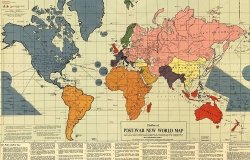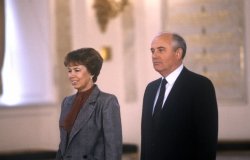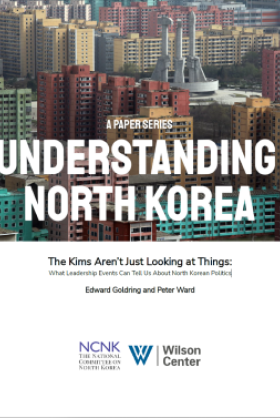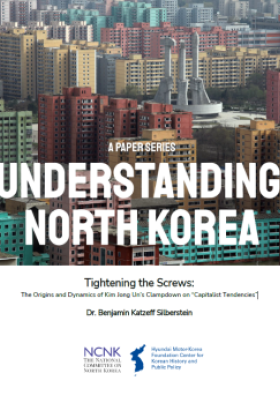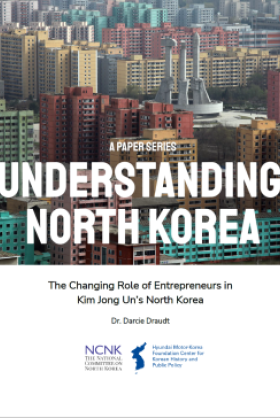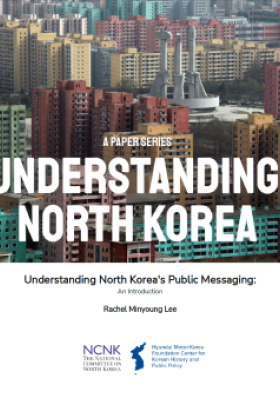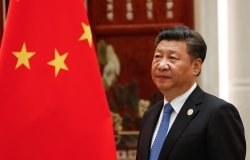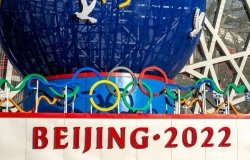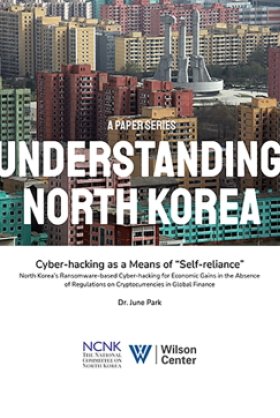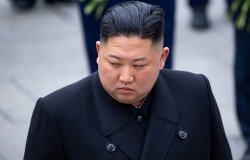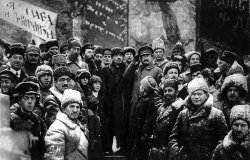The Myth of the Golden Republic: Czechoslovak Propaganda and Nationalism in the Twentieth Century
Andrea Orzoff, Assistant Professor of History, New Mexico State University
Overview
In reference to the traditional Czech motto "the truth will prevail," President Eduard Benes commented that he never expected the truth to prevail unaided, betraying his commitment to the use of propaganda. The truth in his case was that Czechslovakia ought to be independent from German and Austrian dominance. To that end, Andrea Orzoff explained how Benes used propaganda to install modern Czech nationalism in the 20th Century.
The myth of the Czech nation was centered on the image of zlata Praha, or golden Prague, which was open to all ethnic groups and upheld the values of pacifism, liberalism and democracy. These values were based on the writings of Tomas Masaryk, who Orzoff stressed was the first to refer to Czechoslovakia and its neighbors as the "new Europe."
Propaganda was used after WWI to help return the country to normalcy after the empires that controlled the country were defeated. By using doctored photographs and films the Czechoslovak government hoped to win hearts and minds to win public support at home and abroad. In Benes's foreign ministry, the so-called "third section" funded arts and philosophy projects in order to acquaint Europe with the Czechs as "the Switzerland of the East." Meanwhile, politicians began developing relationships with journalists, started newspapers and creating campaigns to hail Masaryk and the Czech nation. This pro-Masaryk propaganda aimed at deligitimizing political opposition, allowing Benes to push through his policies.
Far from being a legitimation for hiding facts and information (as was the case in communist countries), Orzoff's account of inter-war propaganda offers a glimpse into the origins of the "myth of the golden republic" which helps to explain the goals and dreams of Benes's government. In this case, propaganda was used to help unify and strengthen a struggling state in order to allow it to function as a sovereign nation.
Hosted By

Global Europe Program
The Global Europe Program is focused on Europe’s capabilities, and how it engages on critical global issues. We investigate European approaches to critical global issues. We examine Europe’s relations with Russia and Eurasia, China and the Indo-Pacific, the Middle East and Africa. Our initiatives include “Ukraine in Europe” – an examination of what it will take to make Ukraine’s European future a reality. But we also examine the role of NATO, the European Union and the OSCE, Europe’s energy security, transatlantic trade disputes, and challenges to democracy. The Global Europe Program’s staff, scholars-in-residence, and Global Fellows participate in seminars, policy study groups, and international conferences to provide analytical recommendations to policy makers and the media. Read more
Thank you for your interest in this event. Please send any feedback or questions to our Events staff.
